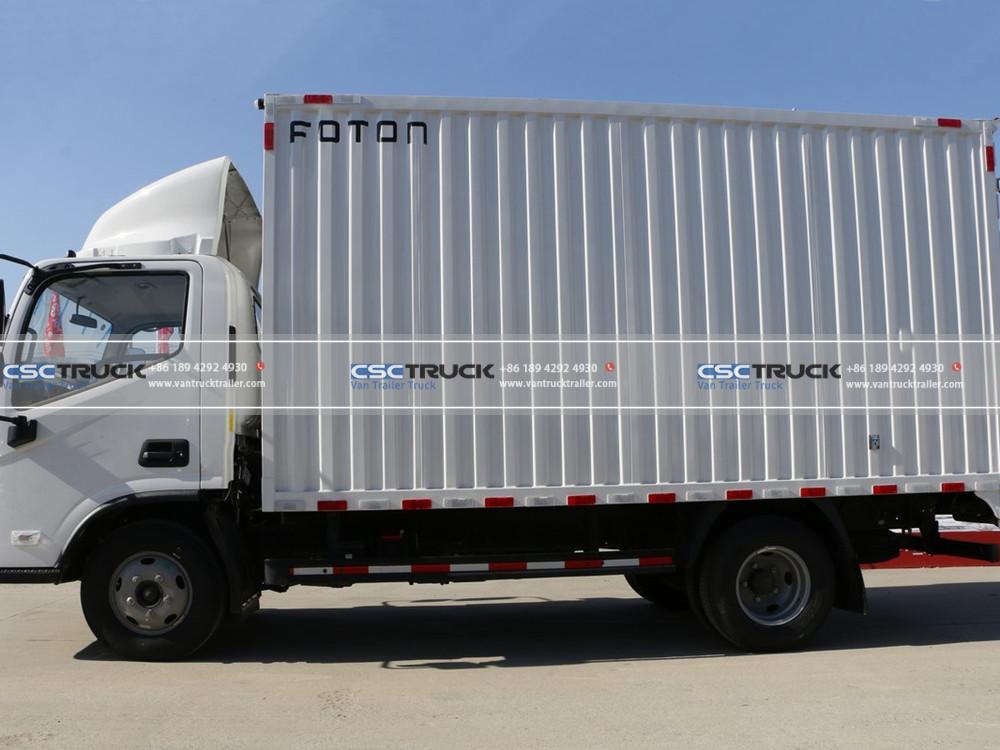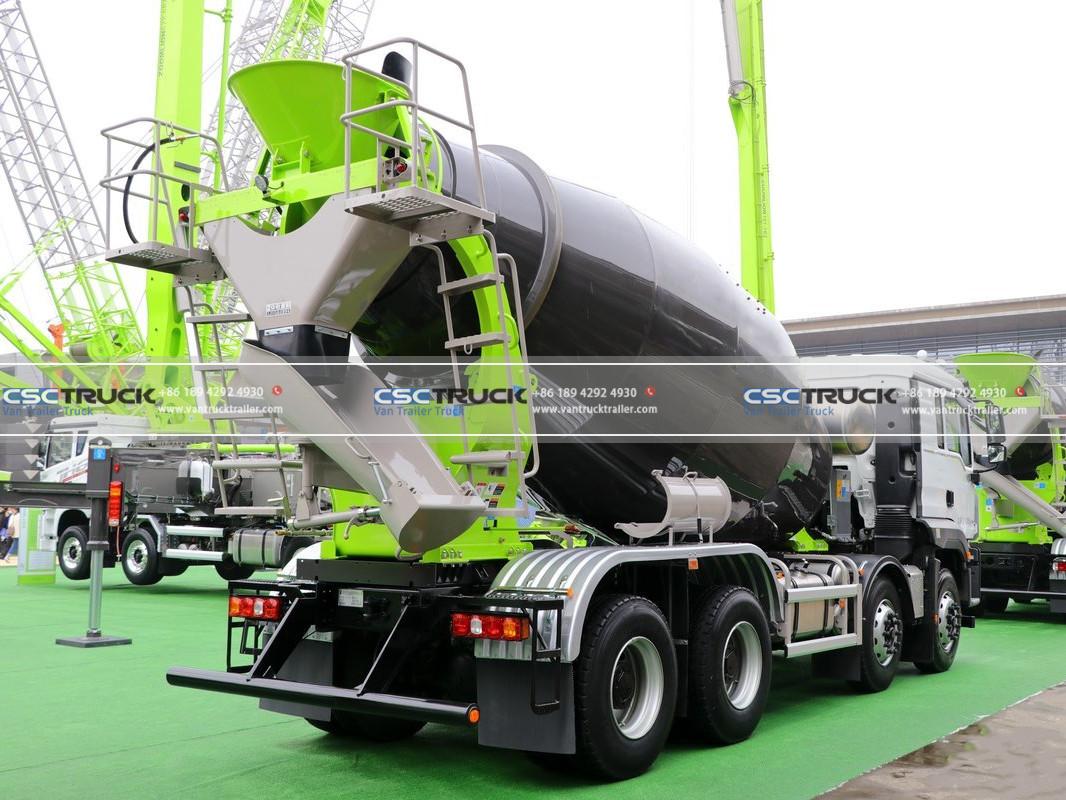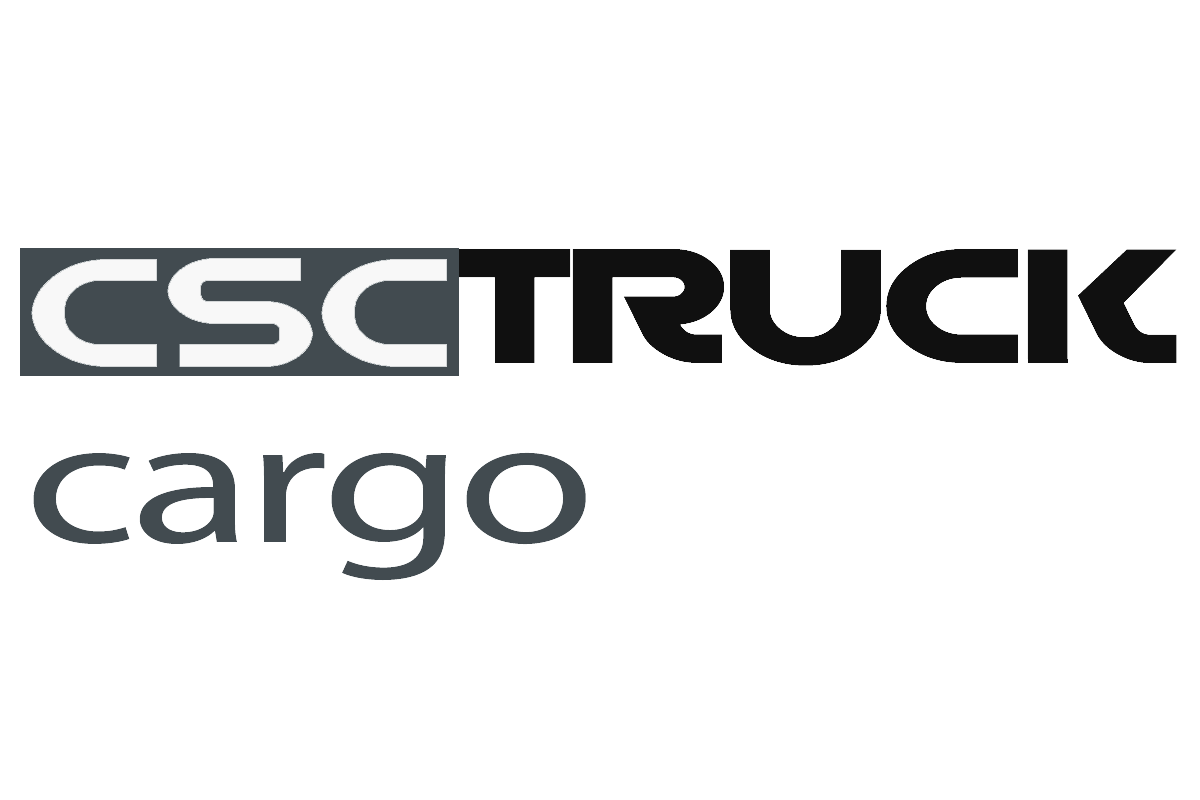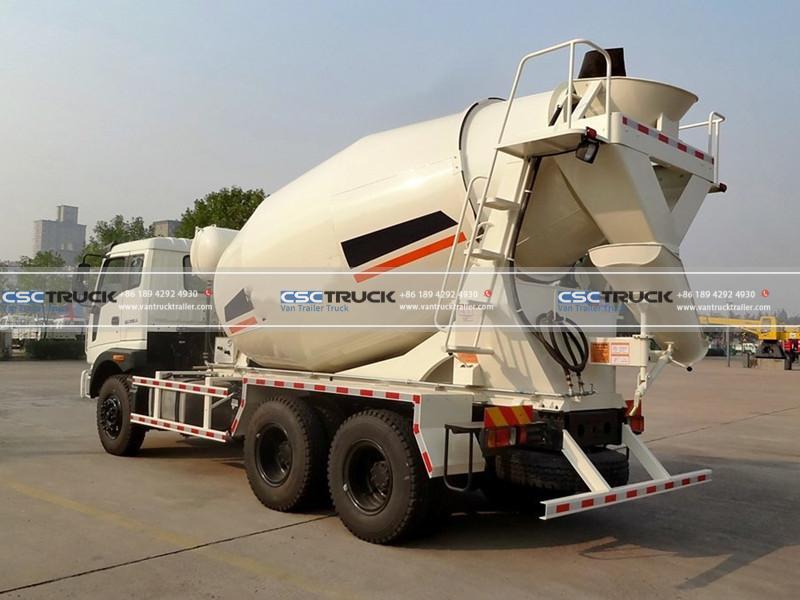Mixer trucks play a vital role in the modern construction and infrastructure sectors, ensuring the timely delivery and precise mixing of concrete for a wide range of applications. These trucks, often seen on construction sites, are not only an essential piece of equipment but also a symbol of efficiency and innovation in the building process. Whether it’s creating roads, bridges, skyscrapers, or residential developments, mixer trucks make it possible to deliver the right type of concrete to meet the specific requirements of each project. This article will explore how mixer trucks contribute to construction and infrastructure projects, the logistics of their operation, and their integration with other vehicles like dump trucks and cargo trucks.
The Essential Role of Mixer Trucks in Concrete Delivery
Mixer trucks are designed to transport ready-mixed concrete from batching plants to construction sites, a crucial task in large-scale projects. Concrete is a material that needs to be used within a specific time frame to prevent it from hardening, so the logistics of getting it to the construction site quickly and efficiently is paramount. Without mixer trucks, this would be nearly impossible. These vehicles are equipped with rotating drums that keep the concrete in motion, ensuring it remains workable until it is poured.
Precision and Timing
The ability to deliver the concrete precisely when it’s needed is one of the primary ways mixer trucks contribute to construction projects. Construction schedules are tight, and delays in the delivery of materials like concrete can lead to significant setbacks. The mixer truck ensures that the concrete arrives at the site fresh and ready to use, enabling crews to pour it according to the project’s requirements. Furthermore, the rotating drum of the truck prevents the concrete from setting prematurely, which can cause inconsistencies in strength or finish.
This is particularly important in infrastructure projects where concrete needs to meet specific strength and durability standards. Whether building roads, bridges, or high-rise buildings, the quality of the concrete used is crucial to the overall success of the project. Mixer trucks ensure that the consistency of the mix remains intact, providing construction teams with high-quality material that is easier to work with and longer-lasting.
Integration with Other Construction Vehicles
In any large construction project, mixer trucks are often used in coordination with other vehicles like dump trucks and cargo trucks. These trucks play an equally significant role in the process of material delivery and site preparation.
Dump Trucks for Site Preparation
Before the concrete can be poured, the construction site needs to be prepared. This is where dump trucks come into play. Dump trucks are typically used to transport and deliver bulk materials such as gravel, sand, or dirt to construction sites. These materials are essential for creating solid foundations, backfilling trenches, or leveling ground in preparation for the placement of concrete.
While mixer trucks handle the transportation and mixing of concrete, dump trucks ensure that the underlying structure of the project is secure and stable. The efficient coordination between these two types of trucks allows construction crews to perform tasks simultaneously, saving time and labor costs. This is particularly beneficial in large-scale infrastructure projects where time and resources are critical.
Cargo Trucks for Material Transportation
In addition to dump trucks, cargo trucks play an important role in transporting other materials to and from the construction site. Cargo trucks can carry a wide variety of items, from rebar and construction tools to precast concrete components. These materials often need to be delivered on a tight schedule, much like the concrete transported by mixer trucks.
The presence of cargo trucks allows construction managers to streamline their operations by ensuring that all necessary materials are available at the site when needed. In some cases, mixer trucks and cargo trucks work side by side, with one delivering concrete while the other delivers the steel reinforcements or other vital elements that will be integrated with the poured concrete. This level of coordination is key to maintaining project timelines and ensuring efficient workflow.

Efficiency and Cost Savings in Large-Scale Projects
The use of mixer trucks significantly improves the efficiency of construction projects, especially in large-scale infrastructure developments. By using ready-mix concrete, contractors can avoid the costly and time-consuming process of mixing concrete on-site. This is not only more cost-effective but also more sustainable, as it reduces the amount of waste generated from over-mixing or incorrect measurements.
Reducing Labor Costs and Waste
When concrete is mixed on-site, it requires more labor, time, and expertise to get the mix just right. Even a small mistake in the measurement of ingredients can lead to wasted materials or poor-quality concrete that will need to be replaced. By outsourcing the mixing process to a mixer truck, construction teams can focus on other tasks, reducing overall labor costs and increasing productivity.
Moreover, mixer trucks help minimize waste by delivering the exact amount of concrete needed for each project. The rotating drum ensures that no concrete is left to harden in the truck, preventing excess material from being discarded. This waste reduction not only saves money but also supports sustainability efforts, which are becoming increasingly important in the construction industry.
The Environmental Benefits of Mixer Trucks
Modern mixer trucks are designed with environmental considerations in mind. From reducing carbon footprints to minimizing waste, these trucks contribute to more sustainable construction practices.
Reduced Emissions and Energy Efficiency
Recent advancements in mixer truck technology have led to improved fuel efficiency and lower emissions. Many of today’s mixer trucks are equipped with engines that comply with stringent environmental standards, helping to reduce the environmental impact of large-scale construction projects. Additionally, some mixer trucks are now hybrid or electric, further reducing their carbon footprint.
The trucks’ efficiency in delivering concrete quickly also helps to minimize the amount of time they spend on the road, which in turn reduces fuel consumption and emissions. This is especially important in urban infrastructure projects where construction activities are closely monitored for their impact on the environment and surrounding communities.

Sustainable Concrete Solutions
The construction industry has also seen a shift toward the use of sustainable materials, and mixer trucks are helping to drive this change. Many companies are now using recycled aggregates and eco-friendly concrete mixes, which are more sustainable than traditional concrete. These mixes can be delivered using mixer trucks, ensuring that the right materials are used to reduce the environmental impact of each project.
Furthermore, some mixer trucks are designed to transport and mix specialized materials, such as low-carbon or alternative-cement concrete. By incorporating these sustainable solutions into their delivery processes, mixer trucks help ensure that infrastructure projects contribute positively to long-term environmental goals.
The Future of Mixer Trucks in Construction
Looking ahead, mixer trucks will continue to play a critical role in the construction and infrastructure sectors, especially as projects become more complex and demand for faster, more sustainable construction practices increases. With advancements in truck design and material technology, the role of mixer trucks will expand to meet the evolving needs of the industry.
Technological Innovations
The future of mixer trucks is intertwined with technological advancements in automation, GPS tracking, and real-time data collection. By integrating these technologies, construction companies can further optimize their operations, track concrete deliveries, and improve overall efficiency on-site. Some mixer trucks are already equipped with sensors that monitor the quality and consistency of the concrete mix, ensuring that it meets exact specifications before being poured.
Moreover, autonomous mixer trucks are already being tested in certain parts of the world, allowing for increased safety and efficiency. As these technologies develop, mixer trucks will become even more integral to the success of construction and infrastructure projects, playing a key role in shaping the future of the industry.
Mixer trucks are indispensable to the construction and infrastructure sectors. They provide the efficiency, precision, and reliability required for the timely delivery of high-quality concrete. Whether working alongside dump trucks or cargo trucks, they ensure that large-scale projects run smoothly, reduce waste, and contribute to a more sustainable future. As technology advances, the role of these trucks will only grow, further enhancing their contribution to the construction industry’s ongoing transformation.

